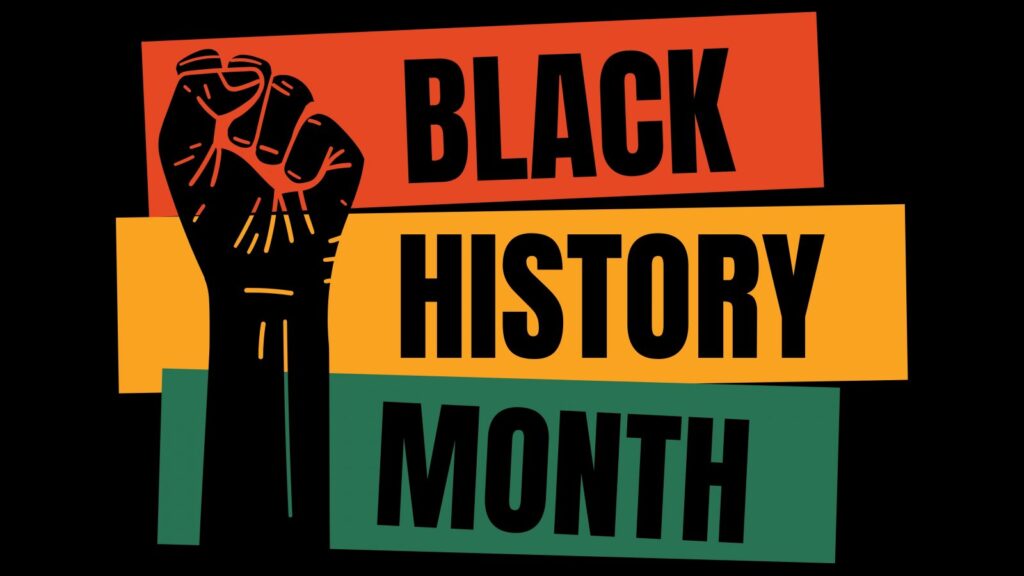In February of 1926, Black History Week was declared via a press release by Carter G.Woodson, a University of Chicago and Harvard alumni and founder of the Association for the Study of African American Life and History. For many years prior, Woodson had been pushing for the popularity of achievements and research in the black community. He urged many civic organizations and fellow alumni for help, which paved the way for the creation of Black History Week.
Taking place in February, this week encompasses the birthdays of Abraham Lincoln and Frederick Douglass on the 12th and 14th. The black community had been celebrating said birthdays and commemorating the assassinated Lincoln since his death. However, Woodson chose this week to encompass traditional days of black history’s past. Woodson believed that, “If a race has no history, if it has no worthwhile tradition, it becomes a negligible factor in the thought of the world, and it stands in danger of being exterminated.” He wanted people to learn and expand their knowledge. Carter G. Woodson urged and encouraged that the history of the race was studied and celebrated, not just the history of two men. He wanted an expansion of reform in honor of all black men and women among the community and the act of civilization. Despite efforts to repress black history teachings throughout the years following the Civil War and World War I, progression was now beginning. Upon response from the public, Woodson and his association began producing curriculums for teachers, visuals of substantial black figures, lessons for classrooms and more.
Until his death, Woodson never believed that black history should simply be a one week event. He hoped that it could represent the knowledge that students and adults alike should obtain year round. He wanted to expand this time frame, and began talks of a Black History Year. Although Woodson died in 1950, the 60’s were the prime start of the transition to Black History Month. In 1976, the association institutionalized the shift. Since then, the month has had presidential endorsement every year since.
Each year, the ASALH chooses a theme for the month. This year, the association chose “Black Resistance” as the theme and stated, “African Americans have resisted historic and ongoing oppression, in all forms, especially the racial terrorism of lynching, racial pogroms, and police killings since our arrival upon these shores. These efforts have been to advocate for a dignified self-determined life in a just democratic society in the United States and beyond the United States political jurisdiction.” Current president of the association, Marvin Dulaney, challenges states like Florida and Alabama who are limiting and rejecting curriculum pertaining to African American or race studies. Despite the progress made by Woodson to integrate the teaching of African American history and culture, in such politically charged times, some states once again try to suppress it. The ASALH created this year’s theme in an effort to flip the script from politically provocative to empowering



